
The Ultimate Guide to Onion Companion Plants for a Thriving Garden
Are you looking to take your gardening to the next level? Look no further than the ultimate guide to onion companion plants. By carefully selecting the right companion plants for your onions, you can create a thriving garden full of healthy, flavorful produce. No more struggling to keep your onions pest-free and thriving – with the right companions, you can say goodbye to the frustration of failed onion crops and hello to a bountiful harvest.
Companion planting is a time-tested gardening technique that can help improve the health and yield of your crops. By choosing the right plants to grow alongside your onions, you can help deter pests, improve soil health, and even enhance the flavor of your harvest. With the help of our expert tips and recommendations, you can create a harmonious and productive garden that will have you reaping the rewards in no time.
Don’t let the challenges of onion gardening hold you back any longer. Take the time to learn about the best companion plants for onions and get ready to watch your garden flourish. Whether you’re a seasoned gardener or just starting out, the benefits of companion planting are undeniable. So why wait? Dive into the world of onion companion plants and take your gardening game to the next level. Your thriving garden awaits!
Table of Contents
ToggleUnderstanding Companion Planting
What is Companion Planting? Explanation of companion planting and its role in organic gardening.
Companion planting is the practice of growing different plants together to benefit each other in various ways. This technique has been used for centuries in organic gardening to improve soil health, deter pests, and maximize crop yields. By strategically pairing certain plants together, you can create a more harmonious and productive garden ecosystem.
For example, planting onions with carrots can help deter carrot flies, while planting onions with tomatoes can help repel aphids. Additionally, certain companion plants can help improve soil structure, attract beneficial insects, and even enhance the flavor of neighboring plants.
By incorporating companion planting into your gardening practices, you can reduce the need for chemical pesticides and fertilizers, leading to a more sustainable and environmentally-friendly garden. So why not give it a try and see the amazing results for yourself? Embrace the concept of companion planting and take your organic gardening game to the next level. Your garden will thank you!
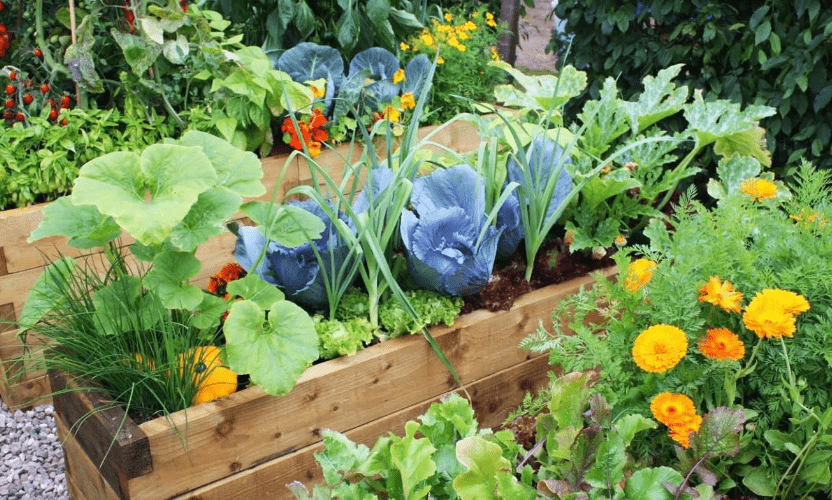
Benefits of Companion Planting: How companion planting can enhance soil health, repel pests, and improve crop yields.
Companion planting is a fantastic way to not only enhance the health of your soil but also to repel pests and improve the overall yield of your crops. By strategically pairing certain plants together, you can create a more harmonious and productive garden ecosystem. For example, planting marigolds with tomatoes can help repel nematodes, while planting basil with tomatoes can help repel aphids. Additionally, certain companion plants can help improve soil structure, attract beneficial insects, and even enhance the flavor of neighboring plants. By incorporating companion planting into your gardening practices, you can reduce the need for chemical pesticides and fertilizers, leading to a more sustainable and environmentally-friendly garden. So why not give it a try and see the amazing results for yourself? Embrace the concept of companion planting and take your organic gardening game to the next level. Your garden will thank you!
Best Companion Plants for Onions
Carrots: Why carrots make an ideal companion for onions.
When it comes to companion planting, carrots and onions make the perfect pair. These two vegetables not only complement each other in terms of flavor, but they also provide mutual benefits when planted together. Carrots help to loosen the soil, making it easier for onions to grow and expand. On the other hand, onions can help repel pests that may damage carrots, creating a natural pest control system in your garden. Additionally, the strong scent of onions can help mask the smell of carrots, making it harder for pests to locate and invade your carrot crops. This harmonious relationship between carrots and onions can result in healthier and more abundant yields for both crops. So why not take advantage of this natural pairing and enjoy the benefits of a thriving and sustainable garden? Give companion planting a try and watch as your garden flourishes with the help of these ideal companions.
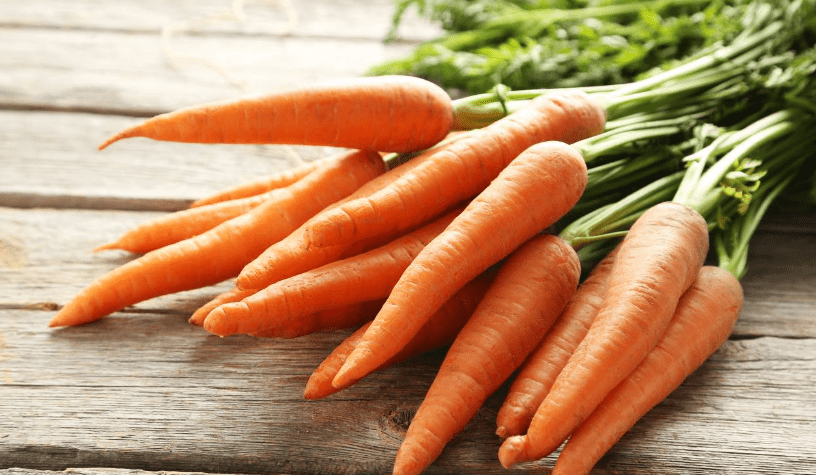
Lettuce: Benefits of planting lettuce alongside onions.
Lettuce and onions make the perfect gardening duo. Not only do they enhance each other’s flavor in your meals, but they also provide mutual benefits when planted together. Onions can help repel pests that may damage lettuce, while lettuce can help provide shade and moisture control for onions. This harmonious relationship creates a natural pest control system in your garden, leading to healthier and more abundant yields for both crops. By planting lettuce alongside onions, you are creating a sustainable and thriving garden that will benefit from this ideal pairing. So next time you plan your garden, consider the benefits of companion planting and make the most of this natural partnership. Your garden will thank you for it!
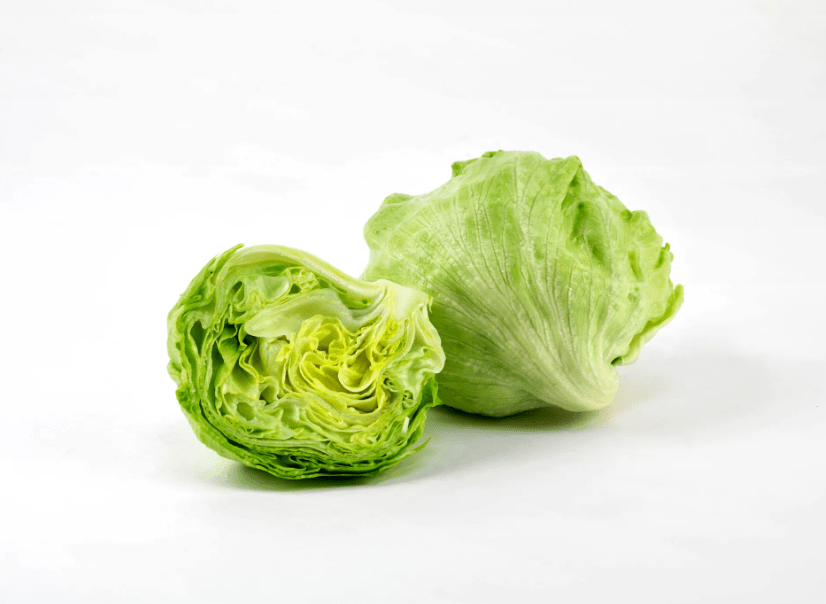
Beets: How beets and onions complement each other.
Beets and onions are a match made in culinary heaven. The sweetness of beets perfectly complements the pungent flavor of onions, creating a delicious and balanced combination in any dish. Whether you’re roasting them together, adding them to a salad, or creating a savory beet and onion soup, the flavors of these two vegetables work together harmoniously to elevate your meals to the next level. Additionally, the nutritional benefits of beets and onions make them a powerhouse duo. Beets are packed with essential nutrients like folate, potassium, and fiber, while onions are rich in antioxidants and anti-inflammatory compounds. By incorporating these two vegetables into your diet, you can boost your overall health and well-being. Whether you’re a culinary enthusiast or simply looking to enhance the nutritional value of your meals, the combination of beets and onions is a winning choice. So, next time you’re in the kitchen, consider adding these two vegetables to your recipes and experience the delightful synergy of their flavors and health benefits.
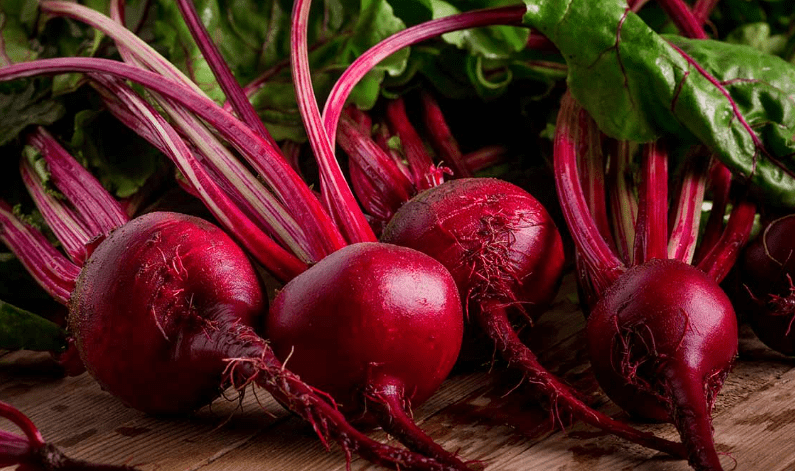
Chamomile: The role of chamomile in supporting onion growth.
Chamomile plays a crucial role in supporting the growth of onions. It acts as a natural and effective companion plant for onions, as it helps to repel pests and diseases that can hinder the growth and development of onions. Additionally, chamomile has beneficial properties that can improve the soil quality, providing the necessary nutrients for onions to thrive. By planting chamomile alongside onions, you can create a symbiotic relationship that promotes the overall health and productivity of your onion crop. So, if you want to ensure the success of your onion garden, consider incorporating chamomile as a supportive companion plant. It’s a simple and natural way to enhance the growth and yield of your onions while maintaining a healthy and sustainable garden environment.
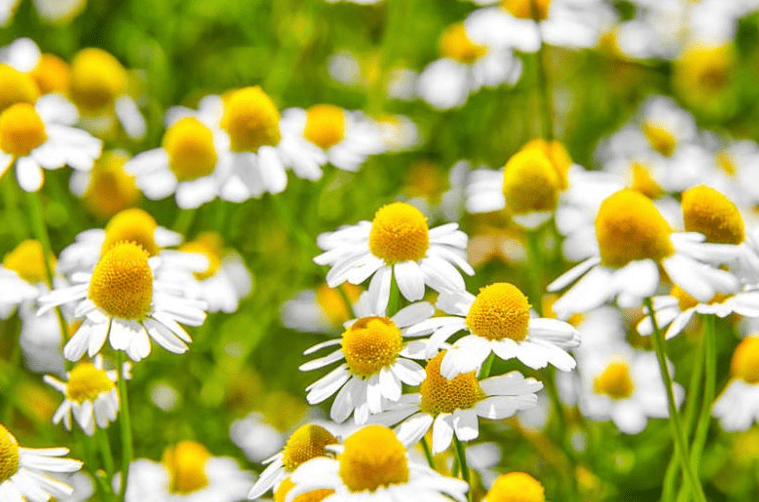
Herbs: Overview of herbs like parsley and dill that pair well with onions.
When it comes to growing onions, it’s important to consider the role of companion plants like chamomile. Chamomile is a natural and effective companion plant for onions, as it helps to repel pests and diseases that can hinder their growth. Additionally, chamomile has beneficial properties that can improve the soil quality, providing the necessary nutrients for onions to thrive. By planting chamomile alongside onions, you can create a symbiotic relationship that promotes the overall health and productivity of your onion crop. So, if you want to ensure the success of your onion garden, consider incorporating chamomile as a supportive companion plant. It’s a simple and natural way to enhance the growth and yield of your onions while maintaining a healthy and sustainable garden environment. And when it comes to enhancing the flavor of your onions, consider pairing them with herbs like parsley and dill. These herbs not only complement the taste of onions but also provide added nutritional benefits. So, don’t hesitate to experiment with different herb and onion combinations in your cooking – you might just discover a new favorite flavor profile!
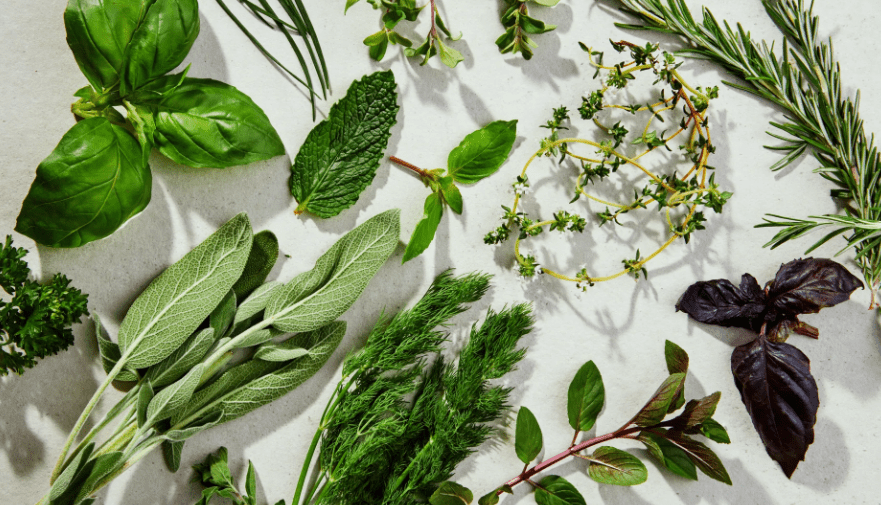
Spinach: How spinach can enhance onion growth.
Spinach is a powerhouse of nutrients that can significantly enhance the growth of onions. Its rich supply of nitrogen, potassium, and other essential minerals can enrich the soil and provide the necessary nourishment for onions to thrive. By planting spinach alongside onions, you can create a beneficial environment that supports the healthy development of your onion crop. The nutrients from spinach can also improve the flavor and quality of the onions. So, if you want to boost the growth and yield of your onions, consider incorporating spinach as a supportive companion plant. It’s a natural and effective way to maximize the potential of your onion garden. And when it comes to enjoying the benefits of spinach and onions in your meals, you can create delicious and nutritious dishes that showcase the unique flavors and textures of these two powerhouse vegetables. So, don’t miss out on the opportunity to enhance your onion growth with the power of spinach. Give it a try and see the amazing results for yourself!
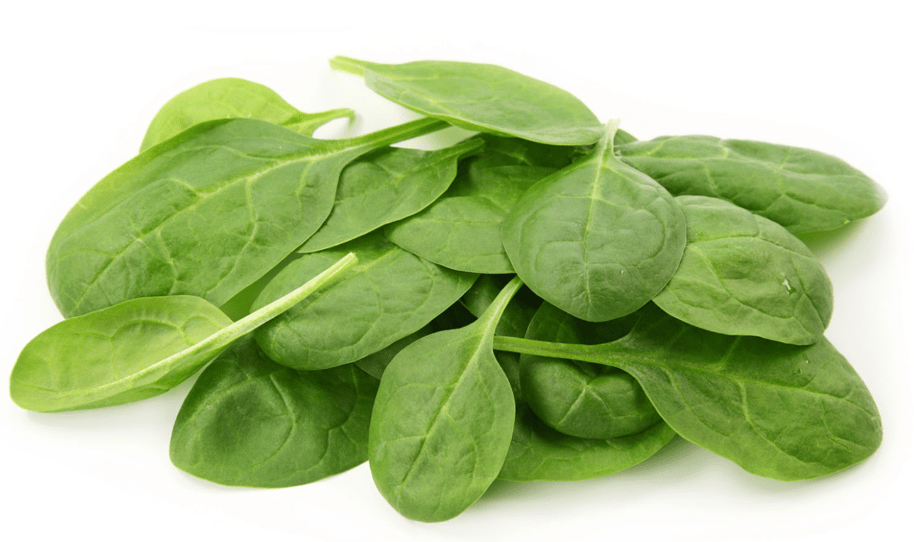
Plants to Avoid Near Onions
Beans: Why beans and onions don’t get along.
When it comes to planting your onions, it’s important to be mindful of the plants that you pair them with. Beans and onions don’t get along because they compete for the same nutrients in the soil, which can hinder the growth and development of both plants. This can result in stunted growth and lower yields for both crops. It’s best to avoid planting beans near your onions to ensure that they have the best chance of thriving. By being aware of which plants are not compatible with onions, you can create a more harmonious and productive garden. So, when planning your garden, consider the needs and preferences of your plants to create a thriving and bountiful harvest.
Peas: Potential issues with planting peas near onions.
It’s important to be mindful of the plants you pair with onions, as certain plants can have a negative impact on their growth. When it comes to peas, there may be potential issues with planting them near onions. Peas are nitrogen-fixing plants, which means they draw nitrogen from the air and convert it into a form that can be used by other plants. Onions, on the other hand, prefer a low-nitrogen environment. Planting peas near onions may result in an excess of nitrogen in the soil, which can lead to lush, green growth in the onions but can also reduce bulb development. To ensure the success of your onion crop, it’s best to avoid planting peas near them. By being mindful of the needs and preferences of your plants, you can create a more harmonious and productive garden. It’s important to consider the potential impact of companion planting to ensure the best possible growth and yield for your crops.
Sage: How sage can hinder onion growth.
When it comes to planting your garden, it’s important to consider the potential impact of companion planting. Sage, for example, can hinder the growth of onions. Sage contains compounds that can inhibit the growth of nearby plants, including onions. This can lead to stunted growth and reduced yield for your onion crop. It’s important to be mindful of the effects of companion planting and to plan your garden accordingly. By being aware of the potential impact of certain plants on others, you can ensure the success of your garden and maximize the yield of your crops. It’s always best to do your research and plan your garden based on the specific needs and preferences of your plants. This will help you create a more harmonious and productive garden for all of your crops.
How to Implement Onion Companion Planting in Your Garden
Planning Your Garden Layout: Tips on organizing your garden for effective companion planting.
When planning your garden layout, it’s important to consider the concept of companion planting. Certain plants can have a positive or negative impact on the growth and yield of neighboring plants. For example, sage can inhibit the growth of onions due to the compounds it contains. To ensure the success of your garden, it’s crucial to be mindful of these potential impacts and plan your garden accordingly.
By researching and understanding the effects of companion planting, you can organize your garden in a way that maximizes the growth and yield of your crops. This may involve grouping compatible plants together and keeping plants that may hinder each other’s growth separate. By implementing onion companion planting in your garden, you can create a more harmonious and productive growing environment for all of your crops.
So, take the time to plan your garden layout with companion planting in mind. By doing so, you can create a thriving and bountiful garden that allows your plants to flourish. Don’t underestimate the power of effective organization and research when it comes to maximizing the success of your garden.
Soil Preparation: How to prepare the soil to support both onions and their companion plants.
Soil preparation is key to the success of your garden. By taking the time to properly prepare the soil, you can create an environment that supports the growth of both onions and their companion plants. Start by testing the pH levels of your soil to ensure it is suitable for your crops. Make any necessary adjustments by adding organic matter, such as compost or manure, to improve the soil structure and fertility. This will provide a healthy foundation for your plants to grow and thrive. Additionally, consider the spacing and placement of your crops to ensure they have enough room to spread out and receive adequate sunlight and nutrients. By taking these steps to prepare the soil, you can set the stage for a successful garden that supports the growth of both onions and their companion plants. Don’t overlook the importance of soil preparation in creating a thriving and productive garden. With the right preparation, you can create an environment that fosters the growth of all your crops and maximizes their potential.
Planting Techniques: Step-by-step guide on planting onions and their companions.
When it comes to planting onions and their companions, it’s important to start with the right soil preparation. Testing the pH levels of your soil is crucial to ensure it is suitable for your crops. Make any necessary adjustments by adding organic matter, such as compost or manure, to improve the soil structure and fertility. This will provide a healthy foundation for your plants to grow and thrive. Additionally, consider the spacing and placement of your crops to ensure they have enough room to spread out and receive adequate sunlight and nutrients. By taking these steps to prepare the soil, you can set the stage for a successful garden that supports the growth of both onions and their companion plants. Don’t overlook the importance of soil preparation in creating a thriving and productive garden. With the right preparation, you can create an environment that fosters the growth of all your crops and maximizes their potential. So, roll up your sleeves and get ready to create a beautiful and bountiful garden with the right planting techniques!
Watering and Care: Best practices for watering and maintaining a companion-planted garden.
To ensure the success of your companion-planted garden, it is essential to practice the best watering and care techniques. It all starts with soil preparation. Make sure to add organic matter like compost or manure to enrich the soil and provide a healthy foundation for your plants to thrive. Proper spacing and placement of your crops is also crucial to ensure they have enough room to grow and receive adequate sunlight and nutrients. By taking these steps, you can set the stage for a garden that supports the growth of both your main crops and their companion plants. Don’t underestimate the importance of soil preparation in creating a thriving garden. With the right approach, you can create an environment that fosters the growth of all your crops and maximizes their potential. So, don’t be afraid to get your hands dirty and put in the work to create a beautiful and bountiful garden with the right watering and care techniques!
Benefits of Onion Companion Plants
Pest Control: How companion plants can help deter common onion pests.
Companion plants are a fantastic way to naturally deter common onion pests. By strategically planting certain companion plants alongside your onions, you can create a natural pest control system that keeps your crops safe and healthy. For example, planting marigolds near your onions can repel onion flies, while planting garlic can deter pests like aphids and thrips. Additionally, plants like chives and leeks can act as natural barriers to protect your onions from pests. By incorporating these companion plants into your garden, you can reduce the need for harmful chemical pesticides and create a more sustainable and eco-friendly growing environment. So, take advantage of the power of companion plants and watch as they help to protect and support the growth of your onions. With a little planning and the right companion plants, you can create a harmonious and pest-free garden that yields a bountiful harvest of healthy and delicious onions.
Improved Growth and Flavor: Enhancing the growth and taste of onions through strategic companion planting.
Did you know that strategic companion planting can enhance the growth and flavor of your onions? By planting certain companion plants alongside your onions, you can create a natural and effective way to deter common pests and improve the overall health of your crops. For example, planting marigolds near your onions can repel onion flies, while planting garlic can deter pests like aphids and thrips. Additionally, plants like chives and leeks can act as natural barriers to protect your onions from pests. By incorporating these companion plants into your garden, you can reduce the need for harmful chemical pesticides and create a more sustainable and eco-friendly growing environment. Not only will your onions benefit from the added protection, but they will also develop a richer flavor and more robust growth. So, take advantage of the power of companion plants and watch as they help to protect and support the growth of your onions. With a little planning and the right companion plants, you can create a harmonious and pest-free garden that yields a bountiful harvest of healthy and delicious onions. Embrace the benefits of companion planting and see the difference it can make for your onions.
Increased Yield: How companion planting can lead to a more abundant harvest.
Companion planting is an essential technique for any gardener looking to increase their yield and create a more abundant harvest. By strategically planting certain crops together, you can create a natural defense system against pests and diseases while also promoting healthy growth and improved flavor. For example, planting marigolds near your onions can repel onion flies, while planting garlic can deter pests like aphids and thrips. Additionally, plants like chives and leeks can act as natural barriers to protect your onions from pests. By incorporating these companion plants into your garden, you can reduce the need for harmful chemical pesticides and create a more sustainable and eco-friendly growing environment. Not only will your onions benefit from the added protection, but they will also develop a richer flavor and more robust growth. So, take advantage of the power of companion plants and watch as they help to protect and support the growth of your onions. With a little planning and the right companion plants, you can create a harmonious and pest-free garden that yields a bountiful harvest of healthy and delicious onions. Embrace the benefits of companion planting and see the difference it can make for your onions.
Soil Health: The role of companion plants in maintaining and improving soil quality.
Companion plants play a crucial role in maintaining and improving soil quality. By planting certain plants together, you can create a natural ecosystem that supports the health of the soil and the plants growing in it. For example, planting marigolds near your onions can repel onion flies, while planting garlic can deter pests like aphids and thrips. Additionally, plants like chives and leeks can act as natural barriers to protect your onions from pests.
By incorporating these companion plants into your garden, you can reduce the need for harmful chemical pesticides and create a more sustainable and eco-friendly growing environment. Not only will your onions benefit from the added protection, but they will also develop a richer flavor and more robust growth. So, take advantage of the power of companion plants and watch as they help to protect and support the growth of your onions.
With a little planning and the right companion plants, you can create a harmonious and pest-free garden that yields a bountiful harvest of healthy and delicious onions. Embrace the benefits of companion planting and see the difference it can make for your onions. Your soil health and the quality of your produce depend on it!
Common Challenges and Solutions in Companion Planting with Onions
Companion planting with onions can be a great way to protect your garden from pests and promote healthy growth. One common challenge that many gardeners face is dealing with pests and the use of harmful pesticides. However, by integrating companion plants like chives and leeks, you can naturally ward off pests and reduce the need for chemical pesticides, creating a more eco-friendly and sustainable growing environment. This not only benefits your onions by providing them with added protection, but it also enhances their flavor and promotes more robust growth. By strategically planning your garden and incorporating the right companion plants, you can create a harmonious and pest-free environment that yields a bountiful harvest of healthy and delicious onions. Embrace the power of companion planting and witness the difference it can make for your onions. Your soil health and the quality of your produce depend on it! So, take on the challenge of companion planting and see the incredible results for yourself.
In conclusion, companion planting with onions can have a significant impact on the health and productivity of your garden. By choosing the right plants to grow alongside your onions, you can improve soil quality, deter pests, and maximize the overall yield of your garden. This ultimate guide provides all the information you need to create a thriving garden full of healthy, flavorful produce. So, if you’re looking to take your gardening to the next level, be sure to follow these companion planting tips for onions and watch your garden thrive!
Frequently asked questions And Answer
Some good companion plants for onions include carrots, lettuce, and beets. These plants can help repel pests and improve the growth of your onions.
It’s best to avoid planting onions near other alliums, such as garlic or leeks, as they can compete for nutrients and space.
Yes, it’s best to avoid planting onions near beans and peas, as they can inhibit the growth of each other.
Onions thrive in full sunlight, so make sure to plant them in an area that receives at least 6-8 hours of direct sunlight per day.
Yes, onions can be planted near tomatoes as they can help repel pests that commonly affect tomatoes.
Yes, plants such as marigolds and chamomile can help deter pests from onions, making them great companion plants.
Onions prefer well-draining, fertile soil with a slightly acidic pH level. Make sure to amend your soil with compost or organic matter before planting.
Onions require consistent moisture, so make sure to water them regularly, especially during dry periods. However, be careful not to overwater as this can lead to rot.
